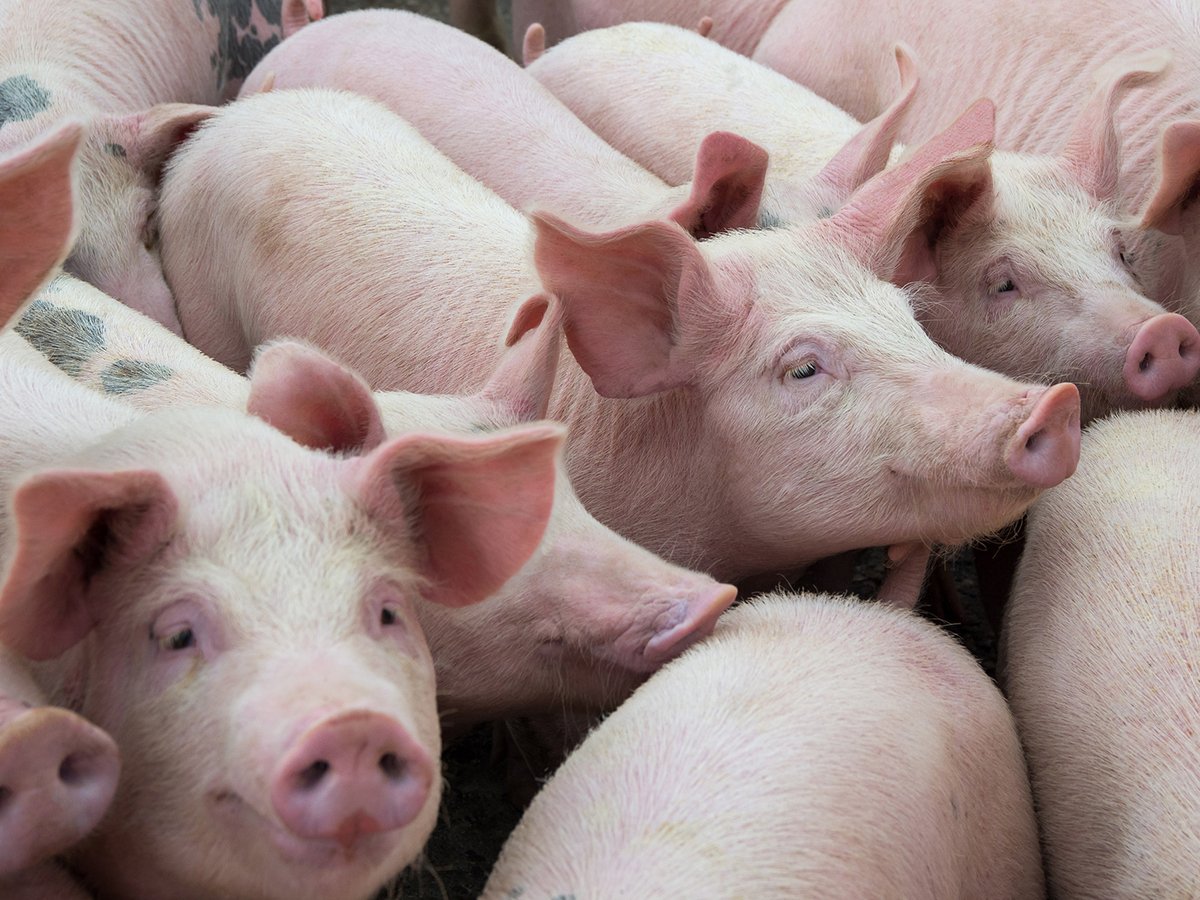The global livestock industry is expected to almost double in 40 years, according to the United Nations’ Food and Agriculture Organization.
In its annual report, which this year focused on livestock, the FAO said this increase would provide part of the answer to world hunger and poverty but also create development and environmental problems.
The organization also calls for more government control and influence over the sector’s expansion to make the industry more sustainable and environment friendly.
In a forward to the report published Feb. 18, FAO director general Jacques Diouf said the livestock industry has been rapidly evolving “in an institutional void” that must be remedied.
Read Also

Quebec pork company calls for transparency around gene-edited pigs
Quebec-based pork company duBreton is calling for transparency around meats from gene-edited pigs on concerns that a lack of mandatory labelling will confuse consumers, and dilute certification claims. The organic sector is also calling for labelling rules.
“The issue of governance is central,” he wrote.
“Identifying and defining the appropriate role of government, in its broadest sense, is the cornerstone on which future development of the livestock sector must build.”
On the good side, the report said the global cattle herd is projected to increase to 2.6 billion head by 2050 from 1.5 billion in 2000.
Much of the increase will come in small-scale herds in the developing world and will be needed to supply a growing world appetite for meat.
Average per capita meat consumption is projected to increase 36 percent by 2050 with the most dramatic increases in developing countries.
The herd increase means the demand for feed grain will increase by 553 million tonnes over the next four decades.
The FAO report said livestock and meat sectors “make important contributions to food security and poverty reduction.”
However, it also argued that the livestock sector has been growing without sufficient public regulation, planning, research and understanding of its negative environmental, resource consumption and health impacts.
“It could do more given judicious policy and institutional reforms and significant public and private investments,” the FAO said.
















